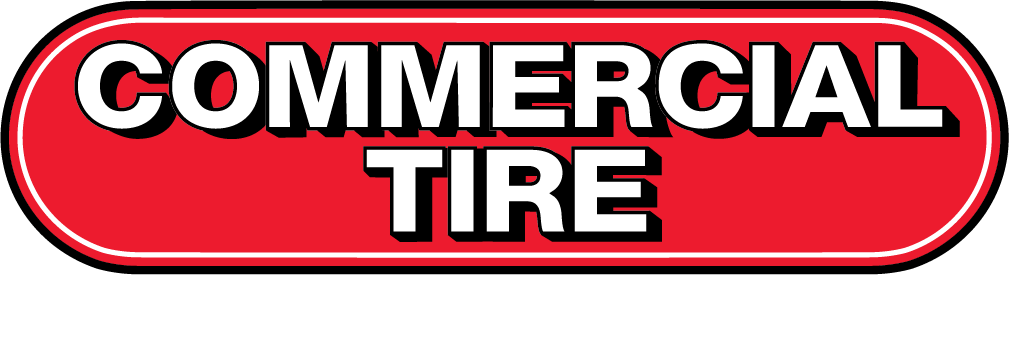Never Skip a Fluid Exchange
Maintaining your engine’s fluids is just as important as maintaining your battery. Your fluids protect all the engine components that keep your vehicle moving daily. Over time, those fluids get dirty with corroded dirt, grime, and other materials. That’s why it must be flushed out and replaced with clean fluid. While you should consult your owner’s manual or a Commercial Tire professional about your specific timeline for when to have each service done, here’s a list of main fluid components and what you need to know to keep your car running.
Types of Fluid
1. Engine Oil
There is a range of different oils that your engine could require. Basic oil packages deliver the protection and fuel efficiency you need, while synthetics and blends have an extended life expectancy. No matter what type of oil you get, make sure you stay on top of your routine services. Dirty oil in your engine can cause a number of issues. Dirt and debris builds up in oil as it flushes through your engine. If left unchanged, this buildup will eventually clog your filter. The built up pressure will force the dirty oil back into your engine through a relief valve. As this dirty oil cycles back through your engine it will start causing wear and tear on the components. In addition, dirty oil loses its ability to properly lubricate parts and draw heat away from the engine. A hot dirty oily engine running for an extended period of time is a recipe for disaster, with internal components starting to warp and crack and can ultimately result in repairs that can run into the thousands of dollars to fix.
2. Brake Fluid
Your brakes are the backbone of safety for your vehicle. The brake fluid transmits a force that lubricates the braking system that prevents corrosion. Along with dirt and other debris, water can easily get into your brake fluid and severely affect your ability to stop. A brake fluid flush will provide even braking while increasing the life of your brake system.
3. Power Steering Fluid
Have you ever tried moving the wheel without power steering? Without proper fluid, the steering becomes stiff and resistant rather than the smooth turning motion that you’re used to. Much like the brake fluid, the power steering fluid transmits a force into the power steering system that will continue to work like a well-oiled machine if flushed out regularly.
4. Engine Coolant (Antifreeze)
Your engine’s coolant is vital to a well-running vehicle. Without proper amounts of clean coolant, your engine can overheat, and possibly crack. Check your antifreeze regularly or stop by Commercial Tire for a fluid service check.
5. Transmission Fluid
Your transmission fluid is tasked with a lot while it transmits power, lubricates, prevents corrosion, and removes heat. To make sure you have the best fluid working for your transmission, get it routinely checked along with your other fluids, even if your vehicle was sold with “lifetime” fluid. Better safe than sorry to keep you going!
Conclusion
While every vehicle owner could do a quick check on their fluids at home, the best thing for you and your vehicle is to take advantage of Commercial Tire’s fluid flush/exchange service.
